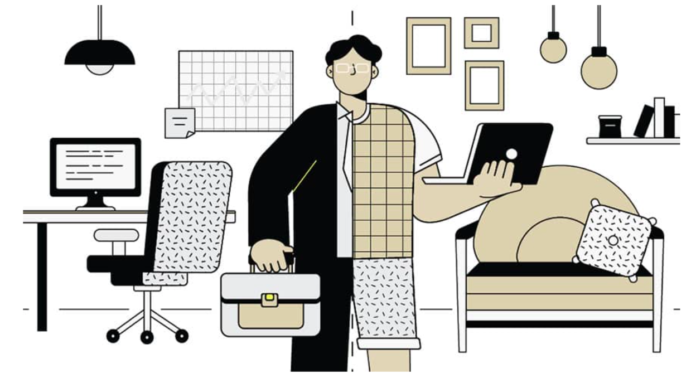While the Asia-Pacific region is making headway toward a hybrid future, business leaders may be undermining the extent of change needed to operate in the new era of work, according to The Center for Creative Leadership (CCL).
The United States-based global provider of leadership development released its report titled WORK 3.0: Reimagining Leadership in a Hybrid World, which found that over half (52%) of them claim to be thriving in the hybrid workplace but 56% either do not have a vision of what a hybrid work model in their organisation may look like in the long term or are still grappling with it.
The reports is based on a survey of 2,170 leaders across 13 countries in APAC, including Australia, New Zealand, India, Indonesia, Japan, China Malaysia, the Philippines, Singapore, South Korea, Sri Lanka, Thailand and Vietnam.
In Singapore, the study was supported by The American Chamber of Commerce in Singapore, LinkedIn, and Singapore Human Resources Institute.
Findings show that the adoption of the hybrid work model, or Work 3.0, has nearly doubled in APAC, increasing from 41% pre-pandemic to 80% currently.
CLL found that a “Hybrid, Office-First” model has emerged as the most preferred mode of working, with over two in five (43%) leaders indicating that most employees in their organisation will be expected to work on site for a majority of the week.
Elisa Mallis, CCL managing director and VP of APAC, said that across the region, they see an extremely mixed picture when it comes to the impact of the hybrid work environment on productivity, engagement, and well-being.
“Fortunately, many leaders in the region appear to be stepping up to define a new vision for hybrid work and equip themselves with the right skills for Work 3.0,” said Mallis.
“What is clear is that the success of hybrid depends on people and culture, rather than technology; on building and in some cases re-building cohesive relationships within and across teams,” she added.
Singapore came out on top as one of the strongest champions of the work flexibility agenda, where leaders are the least likely to expect employees to be fully onsite (1%) and the most open to giving employees complete flexibility to work anywhere at any time (31%).
In contrast, more than one in five leaders in the Philippines, India, Sri Lanka and Malaysia expect employees to be working in the office 100% of the time.
While majority of leaders are embracing the benefits of Work 3.0, the report highlighted a need to stay clear of myths and focus on tackling emerging challenges head-on.
For instance, greater employee happiness and wellness was named as the top benefit of hybrid work, but nearly one in two leaders (46%) felt that an isolated workstyle has adversely impacted their social wellbeing.
Further, the data suggests that hybrid work has a two-fold effect on productivity. While a hybrid model may considerably lift the productivity and engagement of only the top performers, it can have an adverse impact on “below average” performers.
While an increasing number of countries and businesses pilot a four-day work week, CCL found that this trend has yet to catch on in APAC.
For the next three to five years, only 2% of leaders felt that a short work week would become the preferred mode of working for their organisation.
















